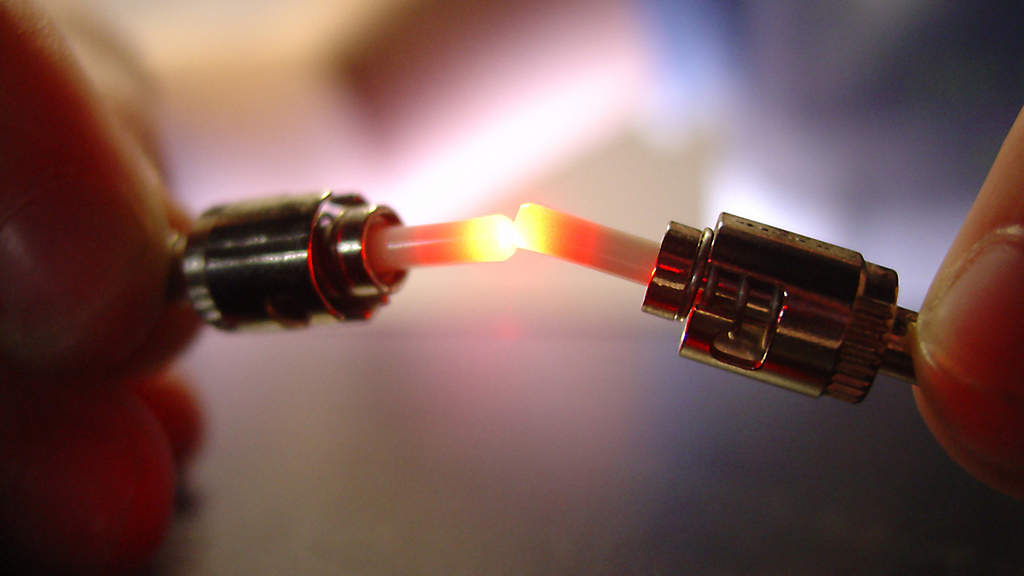BT admits it's fallen well below its original fibre broadband target
Time to pull its socks up? Or are we cool with copper?

Sign up for breaking news, reviews, opinion, top tech deals, and more.
You are now subscribed
Your newsletter sign-up was successful
BT once said it would deliver end-to-end fibre (FTTP) broadband to 25% of the UK, but it's admitted the number right now is much lower than that. Much, much lower.
The company quietly dropped the quarter-population target last year due to improvements in the speed of the slower FTTC fibre-to-the-cabinet lines (which combine copper and fibre optic cables together).
But responding to a complaint made to the Advertising Standards Authority, BT has confirmed that only 0.7% of the UK can get a full fibre broadband service right now, meaning only a small fraction are hitting the higher speeds.
Low fibre diet
The complaint was made by customers who realised BT's description of the copper-based connections as "fibre-optic" was misleading. The ASA ruled that it wasn't, in fact, misleading, so it can continue to advertise it as it currently is.
But it raises an interesting point. With rivals working on their own high-speed networks, including Sky's and TalkTalk's planned 1000Mbps broadband venture, BT may want to think about setting a new and more ambitious target for full fibre in the near future.
It might have doubled its copper top speed to 80Mbps, but it won't be long before the competition has excelled much further ahead.
- Though a lot of this might not matter once Elon Musk gets his way.
Via PC Pro
Sign up for breaking news, reviews, opinion, top tech deals, and more.

Hugh Langley is the ex-News Editor of TechRadar. He had written for many magazines and websites including Business Insider, The Telegraph, IGN, Gizmodo, Entrepreneur Magazine, WIRED (UK), TrustedReviews, Business Insider Australia, Business Insider India, Business Insider Singapore, Wareable, The Ambient and more.
Hugh is now a correspondent at Business Insider covering Google and Alphabet, and has the unfortunate distinction of accidentally linking the TechRadar homepage to a rival publication.